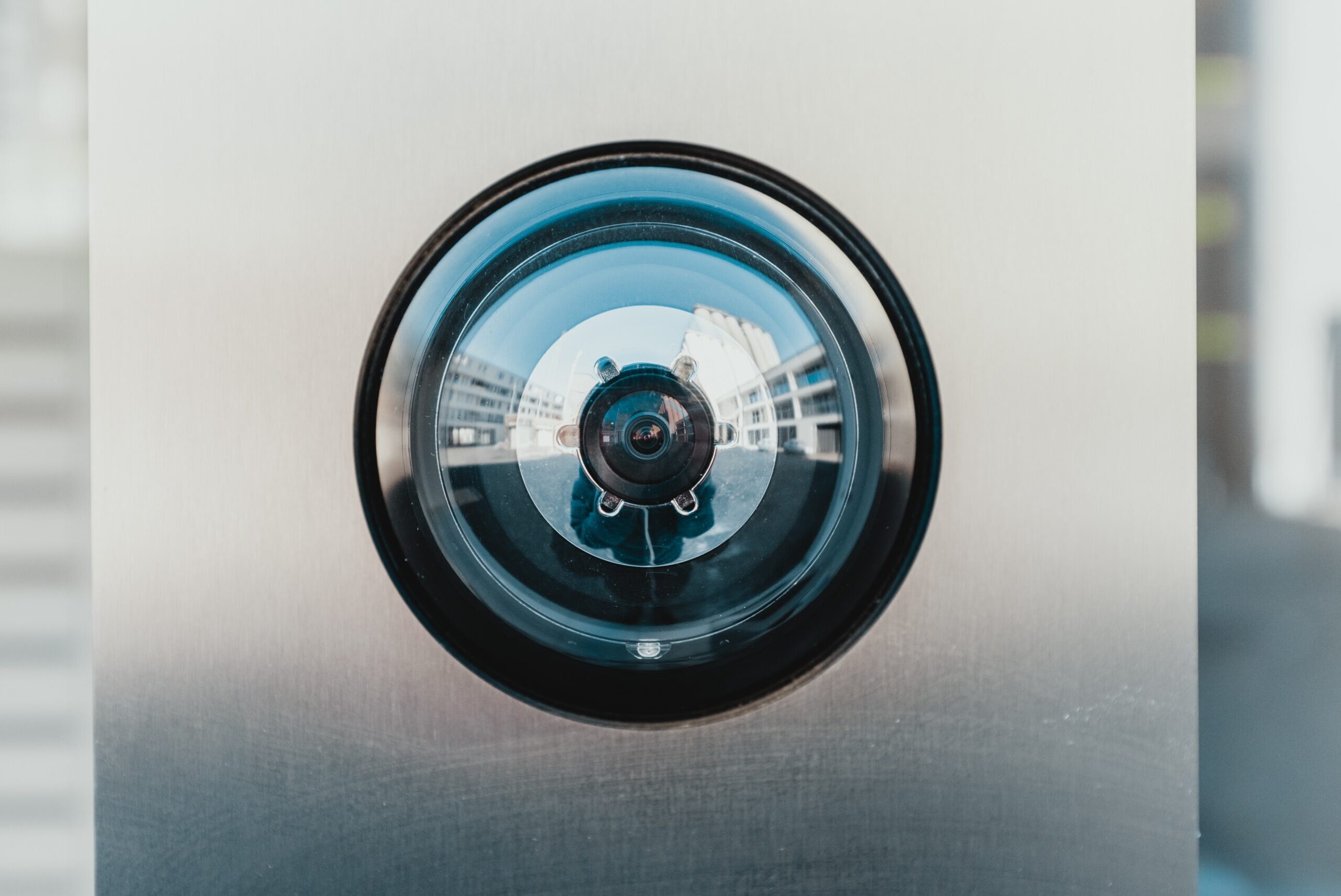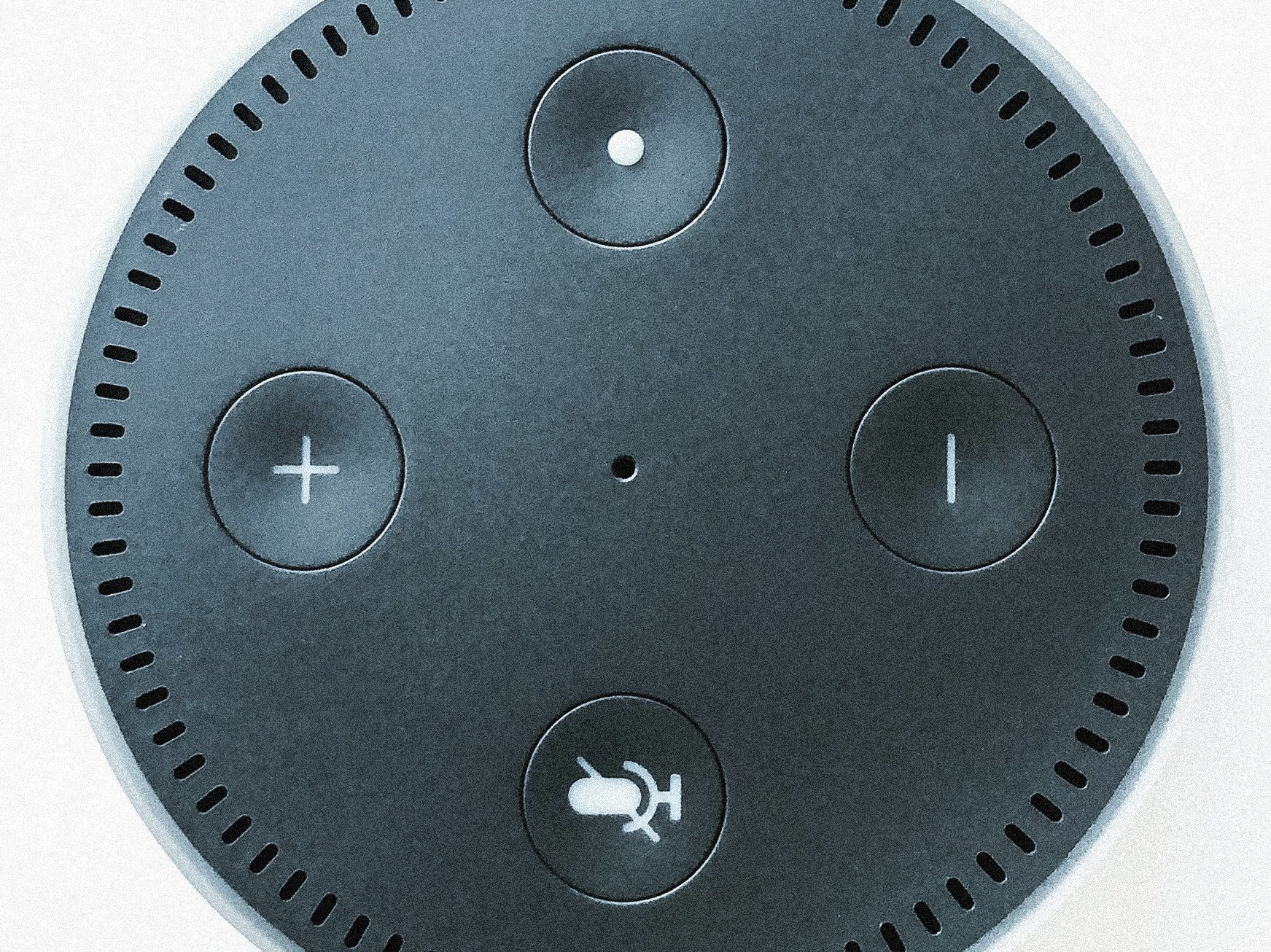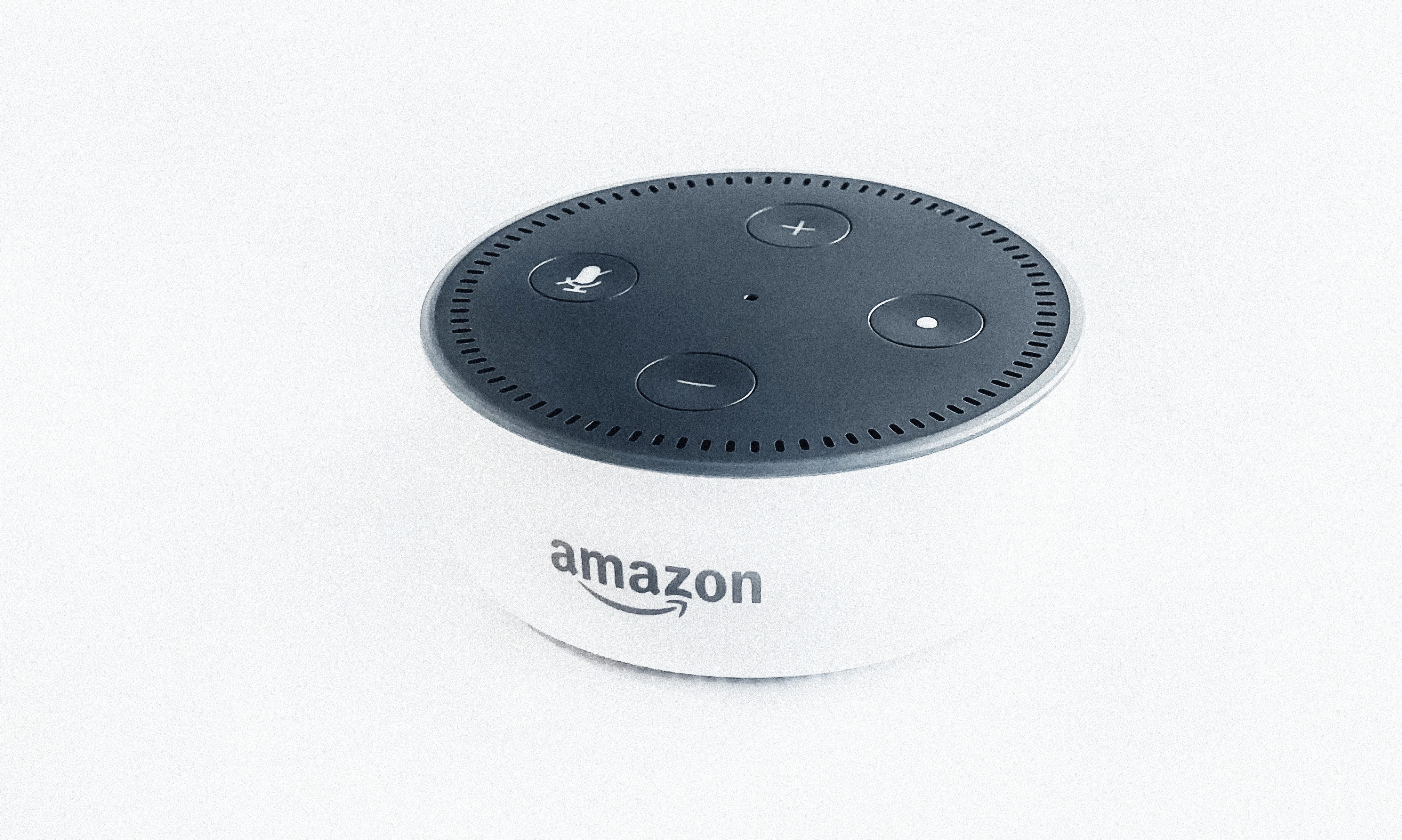Heather Suzanne Woods is a higher ed leader, emerging tech strategist, and scholar.
She has been researching the relationship between technology and culture for over a decade. Dr. Woods’ research on emerging tech provides crucial and actionable insight for scholars, industry, non-profits, and advocacy organizations. As a leader, she empowers communities in higher ed to build resilient, adaptive, inclusive processes and structures in preparation for a changing technological future.
Heather’s work has been featured in Wired, The New York Times, Atlantic, CBC’s Spark, The Washington Post, The LA Times, and more. She is a K. Patricia Cross Future Leaders Award recipient, a HERS Leadership Institute alumna, and a senior advisor for the Women’s March.
HIGHER ED LEADERSHIP
Transformational Change
STRATEGIC PLANNING + VISION
Dr. Woods uses her extensive background in tech + project management to see the full landscape and guide teams to what’s next.
PRAGMATIC PROCESSES
Once a shared vision is in view, Heather can help communities and organizations translate ideas to implementation while leaving no one behind.
CONSENSUS BUILDING
As a communication scholar, Heather is skilled at finding the center of the issue, bringing diverse parties into the conversation, and finding common ground.
EQUITY AND INCLUSION
Dr. Woods knows that we are (truly) better together, and centers an equity lens in leadership. She prioritizes culture building, environmental audits, and data-based approaches to DEIB.
NEW BOOK:
Threshold: How Smart Homes Change us Inside and Out
Our homes are becoming smarter.
What lurks behind all that technology? Who is in control of it? And how smart is too smart?
Using extensive research conducted at smart homes throughout the United States of America, Woods argues that smart homes do not just reflect social norms regarding technology—they actively create new expectations for buying and using more (and more and more) technology.
Now available from University of Alabama Press rhetoric + digitality series.
MEDIA FEATURE: NYT
Is Your Smart Home Controlling You?
“The ability for others to control smart devices is ‘fairly implicit in the current design of many smart homes. It’s a feature rather than a bug….Full control over one’s smart home is, at least in the present tense, an impossibility.”
Dr. Woods’ research featured in the New York Times.



Consulting and Commentary
Heather is available for consulting, trainings, and media commentary
Consulting
Heather advises individuals and organizations on digital media strategy, online content creation, and political communication campaigns.
Trainings
Heather engages audiences with content-based and pedagogy-focused trainings for organizations of all size, in person and at-a-distance.
Media Commentary
Heather offers expert media commentary and interviews on issues related to communication and technology.
Recent publications
on rhetoric + technology
SMART HOMES: MEDIATED DOMESTICITY AS CULTURAL INFRASTRUCTURE
If Smart Homes give us the “good life,” what might that say about the good life?
read moreASKING MORE OF SIRI AND ALEXA
Siri and Alexa perform a gendered persona which may ease consumer’s concerns about surveillance.
read moreDO I WANT AN ALWAYS-ON DIGITAL ASSISTANT LISTENING IN ALL THE TIME?
An accessible companion piece to “asking more of Siri and Alexa.”
read moreTHE QUIVER IS FULL
Pregnancy and pregnancy loss are mediated, including by television programming.
read moreANONYMOUS STEUBENVILLE AND THE POLITICS OF VISIBILITY
Visibility is a double-edged sword for activists and the aggreived.
read moreANTI-RACIST ACTIVISM AND THE TRANSFORMATIONAL PRINCIPLES OF HASHAG PUBLICS
Hashtag publics are flexible and durable, but so are those formed against activists.
read morePraise for Dr. Woods’ first book: Make America Meme Again
Make America Meme Again serves as a necessary investigation of memetic discourse and the rhetorics of the Alt-right….Heather Suzanne Woods and Leslie A. Hahner offer a foundational introduction that will remain indispensable for years to come.”

Kelly Williams Nagel
Quarterly Journal of Speech
[T]he brilliance of this book also offers a reckoning with the impressive rhetorical power and viral nature of memes, the continuously shifting format of argumentative appeals, the notable community-building elements of online digital platforms, less traditional yet rapidly emerging forms of rhetorical address, and the ever-evolving nature of persuasive tactics and their role in shaping democracy as we know it.

Mallory L. Marsh
Argumentation & Advocacy
Woods and Hahner are not simply trying to add their savvy contribution to media studies, political science, and political communication; they are challenging these fields to rethink many of the very premises that currently undergird them.

Michael Mario Albrecht
Lateral: Journal of the Cultural Studies Association
Want to chat? Get in touch:
Media Kit
Heather Suzanne Woods is a scholar and researcher of digital rhetoric.
Her areas of expertise include memes, virtual assistants Siri and Alexa, online activism and social media, and smart homes.
She is Assistant Professor and Director of Graduate Studies of Communication Studies at Kansas State University.
She is author of Make America Meme Again: The Rhetoric of the Alt-Right with Leslie Hahner.







